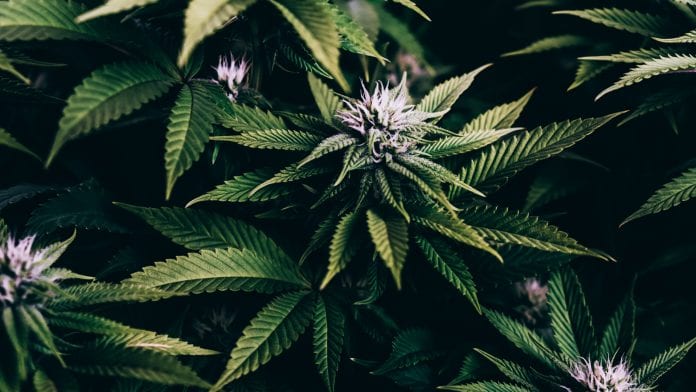
The All-Party Parliamentary Group for Drug Policy Reform has welcomed the United Nations vote to remove medical cannabis from Schedule IV of the 1961 Single Convention on Narcotic Drugs.
Yesterday’s votes by the Commission for Narcotic Drugs considered a series of recommendations from a scientific committee of the World Health Organization on changing the status of cannabis and its derivatives under international law. Until now, cannabis had been classified as ‘particularly liable to produce ill-effects and have little or no therapeutic use.’
The vote to reschedule medical cannabis passed by 27 votes to 25, with one abstention. The UK voted in favour.
Legislating cannabis
While national governments still have the ultimate power to decide how to legislate on cannabis in their country, most look to international conventions for guidance. The All-Party Parliamentary Group (APPG) for Drug Policy Reform, co-chaired by Tory MP Crispin Blunt, Labour MP Jeff Smith, and Crossbench Peer Baroness Meacher, believe this move will strengthen the international basis for ensuring patients can access cannabis-based medicines for a variety of conditions.
They have, however, expressed concern that this reform goes nowhere near far enough – the recreational use of cannabis is treated as harshly in international schedules as drugs like heroin and cocaine, despite clear evidence of its much lower risks, and the fact that many countries have already introduced domestic legislation legalising its supply and consumption.
The WHO did not recommend the removal of cannabis from Schedule 1 of the convention despite their critical review clearly demonstrating that cannabis was less harmful than heroin and cocaine. The APPG argue that this review’s findings should have meant that cannabis was moved to the less stringent schedule II or removed from control altogether.
Speaking on the day of the vote, Jeff Smith MP said: “Today’s vote is welcome news for the millions around the world – including at least a million people in the UK – who could benefit from cannabis-based medicine to treat their health conditions. When you look at the ever-growing evidence base and demand for cannabis-based medicinal products, it’s clear that the UN’s move is long overdue.
“This acknowledgement by the international community of the therapeutic value of cannabis should push the Government to urgently address the current systemic failures preventing widespread access to medical cannabis – particularly NHS access – here in the UK, which continue to occur despite the change in the law in 2018.”
Crispin Blunt MP added: “Today’s vote on medical cannabis is a welcome step and I commend the UK government on its vote for sensible, evidence-based reform. There is much further to go, however.
“The WHO’s review revisited cannabis scheduling decisions made in the 1950s, which were driven by prevailing racist and colonial attitudes, and not based on scientific evaluations. After today’s vote most of this analysis has been rejected as governments have preferred to pursue strict control measures despite the evidence mounting on the negative impacts on health, justice, and human rights.
“The government should listen to the evidence and pave the way not only for better access to medical cannabis for millions of patients across the world, but draw on our strength in research and bioscience and support the development of a nascent yet burgeoning industry with its associated jobs and investment – an industry estimated to balloon to over £2.2bn in 2024, with the right support.”







